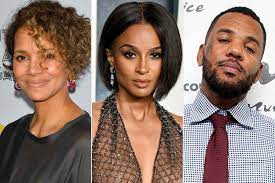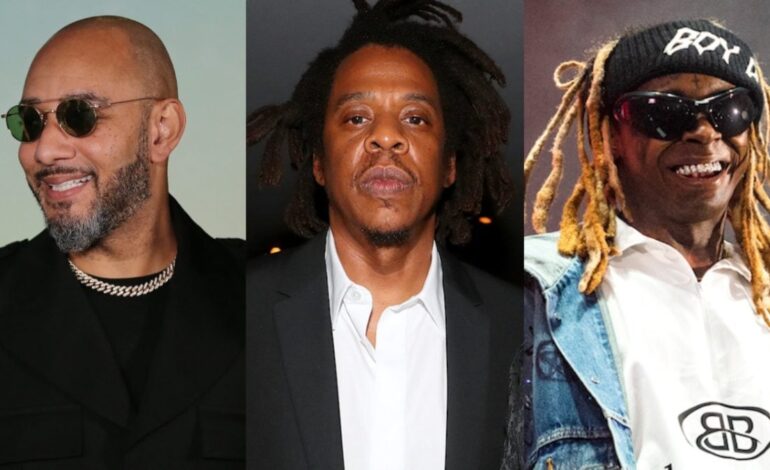Dandora in Eastlands was once the capital of Kenya’s hip hop, musically speaking. Some of the current high-flying Kenyan artistes can attest to the influence of Dandora.
In the 1990s, the Kalamashaka trio of Otero (Robert Matumbai), Kama (Kamau Ngigi) and Johny (John Vigeti) reigned supreme. The vices that surrounded them like crime, drugs, police brutality, rape, murders and gangs provided themes for the music.
The three founded The Mau Mau Camp that nurtured musicians like Juliani (Julius Owino), Mashifta -Kitu Sewer and G-wiji not to mention Gidi Gidi (Joseph Ogidi) and Maji Maji.
Top hits
Kalamashaka’s hits like ‘Tafsiri Hii’, ‘Ni Wakati’, ‘Fanya Mambo’, ‘Dandora Love’, ‘DC na CC’ and ‘Piga Bao’ made them travel overseas far beyond their wildest dreams. They were also the first hip-hop musicians to perform for international rap stars, among them Coolio and Lost Boyz.
“Their rugged style that sounded like American hip-hop group, Lost Boyz, set them apart in the sense that their powerful lyrics captured the frustrations of an entire generation of young people locked away in urban ghetto squalor and embodied their aspirations of escaping poverty to seek a better life,” explains renowned music producer Tedd Josiah.

Producer Bruce Odhiambo echoes Josiah’s sentiments.
“The group helped commercialise music locally and abroad by introducing a hip hop sub-culture, in terms of designer clothes made by a Kenyan designer, Fundi Frank, that became popular among young people,” says Bruce Odhiambo, who is a producer.
Local pioneer music promoter Big Ted concurs, adding that the shy trio spent time within a spot located in Dandora Phase Five where they would often rehearse besides mentoring upcoming underground hip-hop rappers.
“Kama was a charismatic old soul with an acute consciousness of his African roots. Roba was an introvert, the intellectual and at the time doing a degree at Kenyatta University while Johnny Vigeti, had a sensitive temperament and was a voracious reader and the most lyrically gifted,” he says.
Fundi Frank adds that the group helped cement the place of Sheng and Swahili rap as the voice of the urban youth all over the country. They also became the first Kenyan group to land an award winning advert by PSI organisation, in 1999, after the Benson and Hedges, “Golden Tones” concert in 1998, UNFPA (United Nations Population Fund) in Nigeria that saw more than 80,000 turn up for the event.
“They created the title song, ‘I need to know’ and guest starred in a TV series. The famous tag line ‘Uki Freak bila soks, no digidi ume trip’ was the first time sheng had been used in a high budget advertising campaign. The campaign’s impact was powerful and got a mention in the international Newsweek magazine,” says Frank.
But alas their decline decline was fast and steady. Their interest in music faded and they found themselves isolated and stereotyped as radicals. They made many unsuccessful attempts to replicate their earlier successes to no avail.


